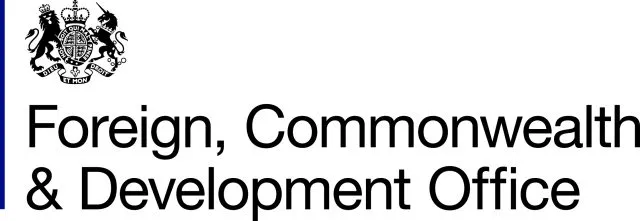Human rights communities and technology communities often operate in silos. These silos need to be overcome with interdisciplinary dialogue and engagement, to ensure these communities are able to speak a common language and cooperate. This will promote the integration of human rights considerations throughout the technology lifecycle
- While human rights frameworks are characterised by structure and stability, technological development is associated with rapid innovation and disruption. The two communities need to adopt more creative approaches to strengthen communication and engagement to bridge the gap. For example, a multi-month human rights impact assessment does not match the pace of the development cycle undertaken by developers, and can result in recommendations that are not translated into tangible actionable tech development choices. The same risk also exists in the standards development space, with a lack of human rights expertise and engagement of underrepresented groups within Standards Development Organisations, processes and mechanisms. Piloting alternative approaches such as red-teaming and legislative sandboxing, to test the use of technologies and their impacts, could be effective.
- Further work is also needed to unpack how a rights-based approach – preferred by human rights actors – and a risk-based approach – preferred by technologists – overlap.
- Some initiatives are taking steps to bridge the gap, and can be built upon. For example, the Human Rights, Democracy and Rule of Law Impact Assessment (HUDERIA) tool, developed by the Council of Europe’s Ad Hoc Committee on AI, looks to infuse human rights and fundamental freedoms into accessible criteria for AI impact assessments and evaluation. The work undertaken by OHCHR’s B-Tech project is another notable example in this regard.
- Investors and company boards also have a role to play in effective oversight and promoting the importance of human rights within the tech community. Investors and board members that understand the human rights implications of new technologies will be more effective in scrutinising companies’ approach to managing these risks and driving change from the top.
Recommendations
- Governments should take steps to increase internal capacity and understanding to ensure their human rights policy experts have sufficient technology knowledge, and technology policy experts have sufficient human rights knowledge, and collaborate effectively at the national and international level.
- Funders should increase funding available to CSOs working on the intersection of human rights and technology to increase capacity and expertise available, and undertake innovative engagement with industry, affected user groups, and traditional human rights experts, to promote practical action that improves tech companies systems and processes in the field of human rights.
- Human rights actors should increase their understanding of the tech development cycle, to ensure their human rights recommendations are better informed by technical realities, and actionable.
- Human rights and technology experts working at the intersection of tech and human rights should spearhead work to consider how human rights principles, terminology and toolkits can be infused into technologists’ often-complex development processes.
- Companies and tech developers should take opportunities to work more effectively with human rights actors, for example trialling red-teaming, to improve their development processes.
- All stakeholders should take steps to promote diverse participation in Standards Development Organisations, with a particular focus on increasing participation by actors with human rights expertise, and less-represented groups.
Elizabeth O’Connor and Barney Searle
Wilton Park | March 2024
In partnership with

-
Notes
Wilton Park reports are brief summaries of the main points and conclusions of a
conference. The reports reflect rapporteurs’ personal interpretations of the proceedings.
As such they do not constitute any institutional policy of Wilton Park nor do they
necessarily represent the views of the rapporteur. Wilton Park reports and any
recommendations contained therein are for participants and are not a statement of policy
for Wilton Park, the Foreign, Commonwealth and Development Office (FCDO) or His
Majesty’s Government nor any participating governments.
Should you wish to read other Wilton Park reports, or participate in upcoming Wilton Park
events, you can find out more here.
To receive our monthly bulletin and latest updates, please subscribe here.
